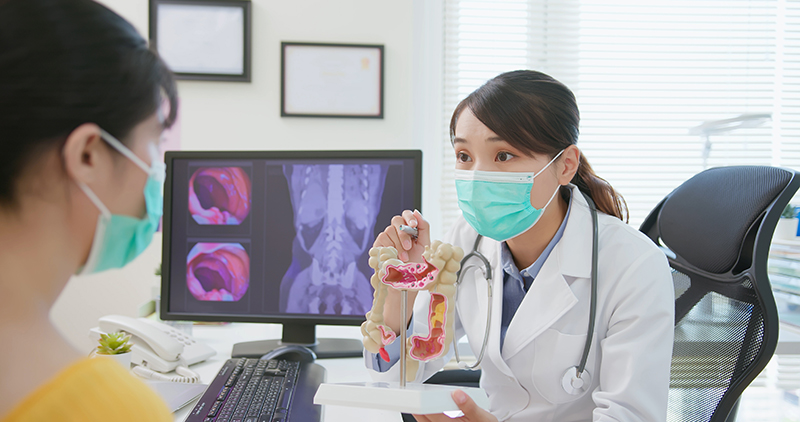
Recent data from the American Cancer Society indicate that colorectal cancer diagnosis rates are quickly rising, especially among Generations X, Y, and Z. Whilst the precise origin of this increase is not entirely understood, it is believed to be tied to genetic factors as well as lifestyle variables such an unhealthy diet, excessive sitting, and obesity. Younger people should be aware of the risk factors and get screened as soon as possible if they have a family history of colorectal cancer or are showing symptoms.
When do I need a Colonoscopy?
The usual advice for the first colonoscopy for people with an average risk of getting colon cancer is 40 years old. But, your doctor might advise beginning tests earlier if you have a family history of colon cancer or other risk factors. To decide the best screening plan for you, it’s crucial to discuss your personal risk factors and family history with your doctor. Early detection and better outcomes depend on routine screening.
Are there any alternatives to Colonoscopy?
Sure, there are other ways to screen for colon cancer than a colonoscopy. Sigmoidoscopy, virtual colonoscopy (CT colonography), and stool sample testing (such as fecal immunochemical tests, stool DNA tests, and fecal occult blood tests), are a few of these substitutes. Talk with your healthcare provider about which option is best for you.
Does a Colonoscopy hurt?
The answer to the question of whether a colonoscopy hurts depends on the patient’s pain threshold and the particulars of the operation. Because of the sedative or anesthetic used, most patients report little to no discomfort during the surgery. When having the procedure done and immediately thereafter, some individuals may have moderate discomfort or cramping, but this usually passes rapidly. It should be noted that the bowel cleansing program required as part of the colonoscopy preparation might be painful.
The medical advantages of a colonoscopy in identifying and preventing colon cancer outweigh any brief discomfort, in general. Before the examination, talk to your doctor if you have any questions or concerns regarding the process.


